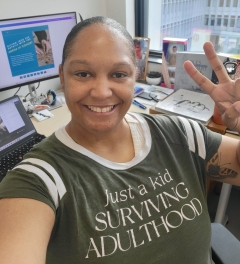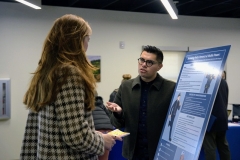How I Got Hired: Communications Officer, Arctic Council Sustainable Development Working Group
Alum Kimberly Aiken shares how her connections through the Institute and hands-on experience led her to become the first-ever communications officer for an organization that advances sustainable development in the Arctic.




